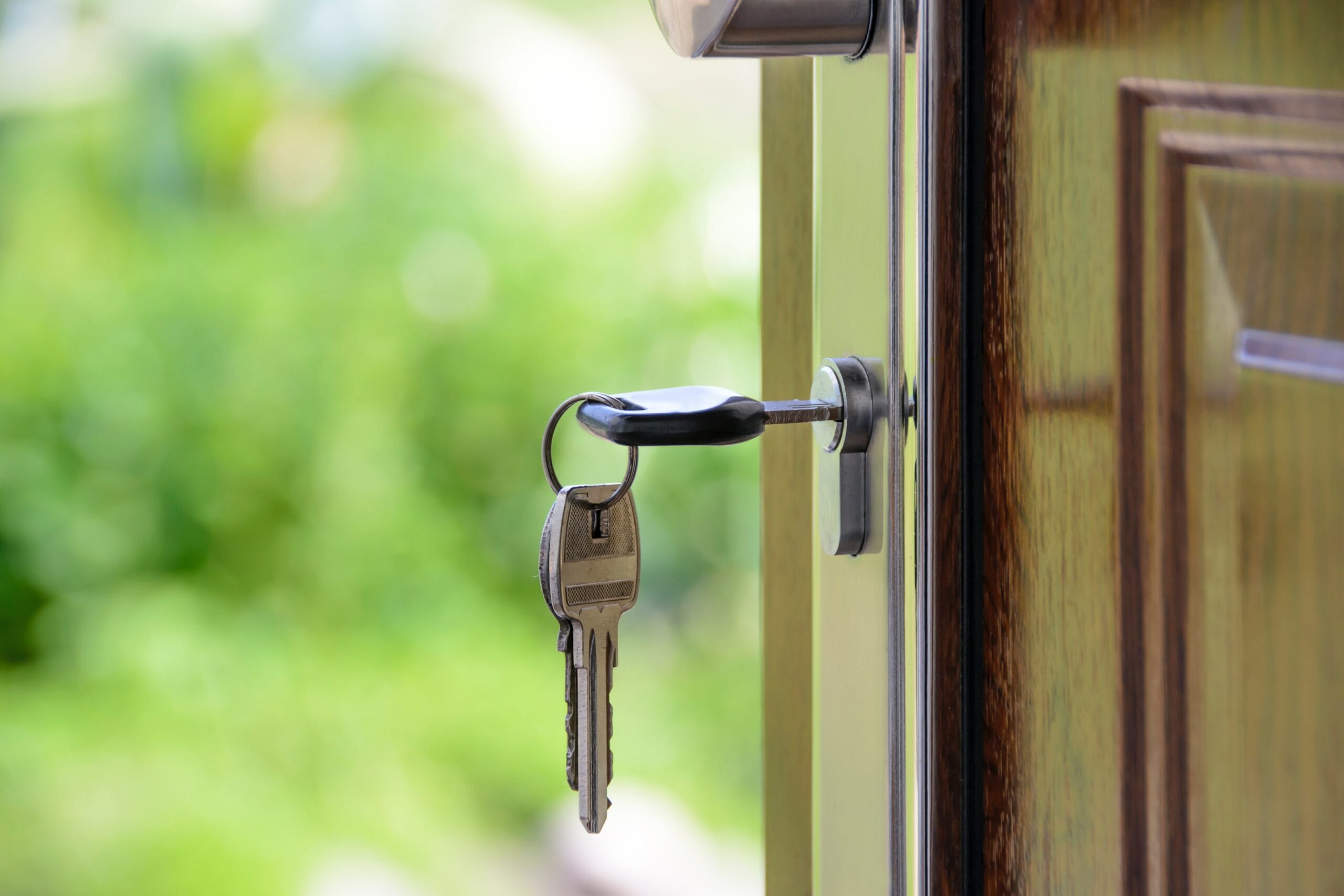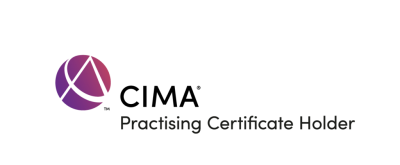Reporting income from property on your self-assessment tax return is important.
With the deadline soon approaching for filing your 2020/21 self-assessment tax return online (31 January 2021), if you haven’t already, you need to begin collating your records.
As part of your return, you may need to tell HMRC about income you have received from property and in this article, we will cover whether this income needs to be reported. Online, whilst submitting your return, there are designated property income pages where you are required to provide details of your property income.
Property income is £1,000 or less
The property income allowance, set at £1,000, means that you do not need to tell HMRC if you received income from property of £1,000 or less in 2020/21. However, if you have made a loss, you may choose to complete the form so that you can benefit from the loss in the future.
If your property income is more than £1,000, but your expenses are less than £1,000, you can claim the allowance and deduct £1,000 when working out your profit rather than deducting your actual expenses.
Property income is from rent-a-room
If you rent out a furnished room in your own home, under the rent-a-room relief scheme and your income from it is less than £7,500 (£3,750 if you share the income with other people), you do not have to report this to HMRC. As with the property income allowance, you can deduct the relief rather than actual expenses when working out your profit if your rental income is more than the allowance.
Property income business
All let properties owned by the same person or persons in the UK, with the exception of furnished holiday lettings, comprise a property income business. Profits and losses are computed for the business, rather than on a property-by-property basis. This means you deduct total expenses from total rental income rather than matching the expenses to each individual property. The income and expenses are reported on the property income pages of your return (SA 105).
Remember, if you let residential property, you cannot deduct interest and finance costs. Instead, relief is given by reducing your tax bill by 20% of your interest and finance costs. The interest and finance costs go in box 44, and if you have any finance costs unused from previous years, these are entered in box 45.
Property income from furnished holiday lettings
Income and expenses relating to furnished holiday lettings are entered separately, in boxes 5 to 19. Unlike residential lets, interest and finance cost are an allowable deduction and can be deducted in full by calculating the profits for your furnished holiday lettings business.
If you received any Covid-19 support payments, such as small business rates grants or hospitality and leisure grants, you will need to include these too.
Reporting income received from property
Whilst collating the records for your self-assessment tax return, consider whether you have any property income and whether it needs to be reported. If you have any questions and queries relating to any income received from property, we will be happy to discuss these with you. Call 0800 112 0880 or email [email protected] to discuss your queries.

